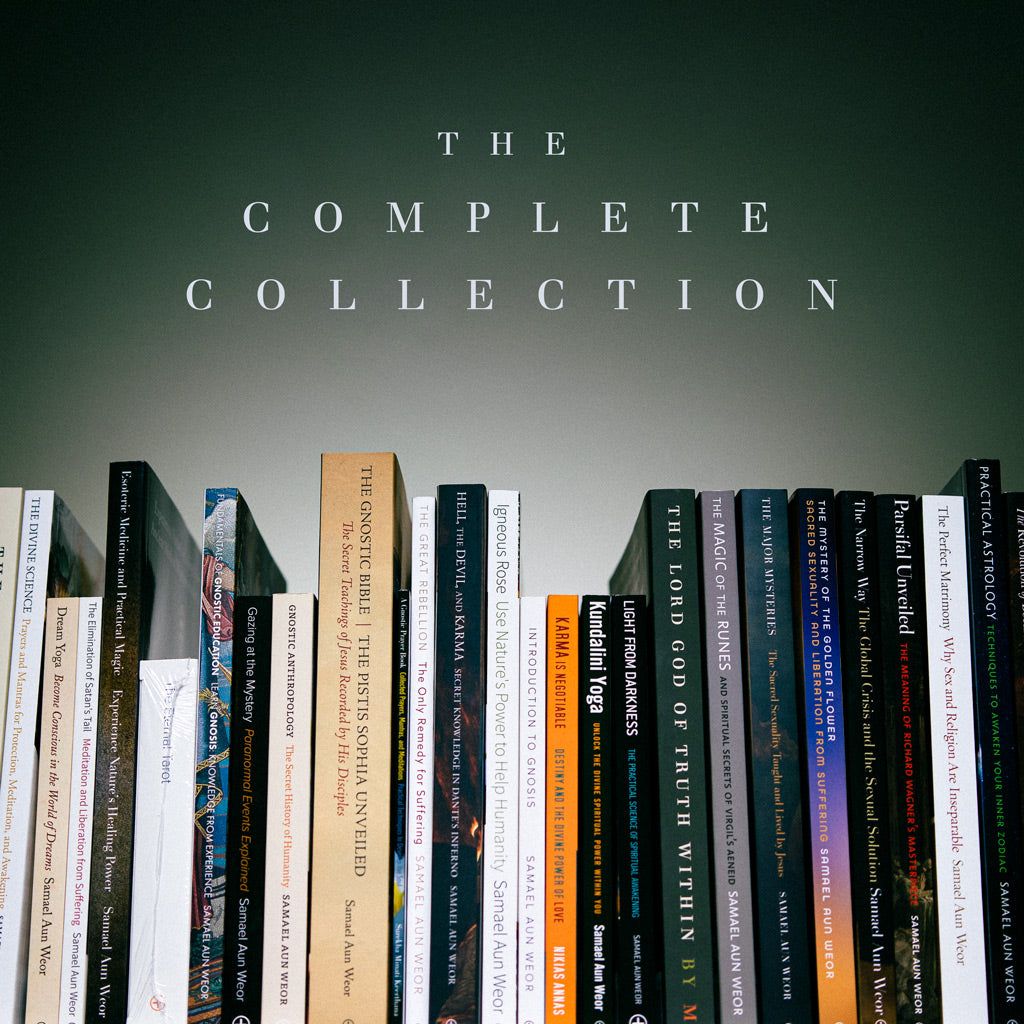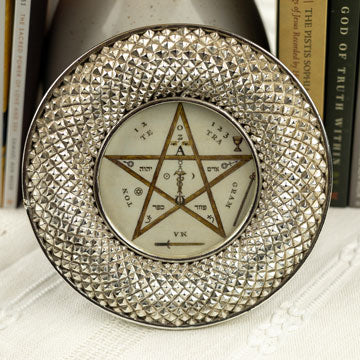A column with no settings can be used as a spacer
Link to your collections, sales and even external links
Add up to five columns
A column with no settings can be used as a spacer
Link to your collections, sales and even external links
Add up to five columns
Energize Your Home with an Altar
September 26, 2019 2 min read
In the Gnostic tradition, we study all religions and philosophies, and embrace all genuine symbols of divinity. As such, Gnostic altars—while humble and simple—also display the marvelous panorama of images and symbols used by divinity to lead us towards the light.
Every person is free to develop an altar that suits their temperament, religious idiosyncrasy, and budget. Among students and instructors there is as great a diversity of altars as there are individuals. Nevertheless, there are certain basic elements that should be present in order to truly magnetize one's environment.
Basic Objects for an Effective Altar
-
A table or stand of some kind, covered with a fine cloth (usually white); some even cover this with glass. While you can make the altar from anything humble and inexpensive, the best altar will be made from scented wood, such as cypress, cedar, sandal, etc.
-
A copy of The Gnostic Bible, The Pistis Sophia Unveiled "All Gnostics must study The Pistis Sophia. This book must always be on the Gnostic altars." - Samael Aun Weor
-
Representations of the four elements:
-
A continual light to represent the fire that always illuminates. Traditionally, this would be a candle or oil lamp, but for safety you can use a small, low-wattage lamp or a night light. Then, during prayers, rituals, or meditation, candles can also be safely used.
-
a bowl or glass of fresh water
-
a feather to represent the element air
-
fresh flowers or a pretty stone to represent the earth.
-
A pentagram.
-
Incense or essential oils used daily. For this, we especially recommend frankincense.
"The devotee must purify the bedroom daily with the smoke of special aromatic substances... A good incense attracts the great masters whom we need for our work." —Samael Aun Weor, The Perfect Matrimony
From these basics, you can expand in order to inspire yourself:
-
Images or statues of divinity that inspire you, such as Jesus, Buddha, the Divine Mother, etc.
-
Other sacred scriptures, such as the bible, sutras, koran, etc
-
Other sacred symbols, such as the cross, the menorah, etc
-
A symbolic blade, sword, or knife to represent the psychological work to cut through illusions
"The devotee must bathe daily, to assure cleanliness. The room must be clean at all times. The room must always contain freshly cut flowers. Flowers, perfumes, symbolic pictures, and beautiful music contribute to creating an environment filled with wisdom and love." —Samael Aun Weor, The Yellow Book
Leave a comment
Subscribe
Sign up to get the latest on sales, new releases and more …




